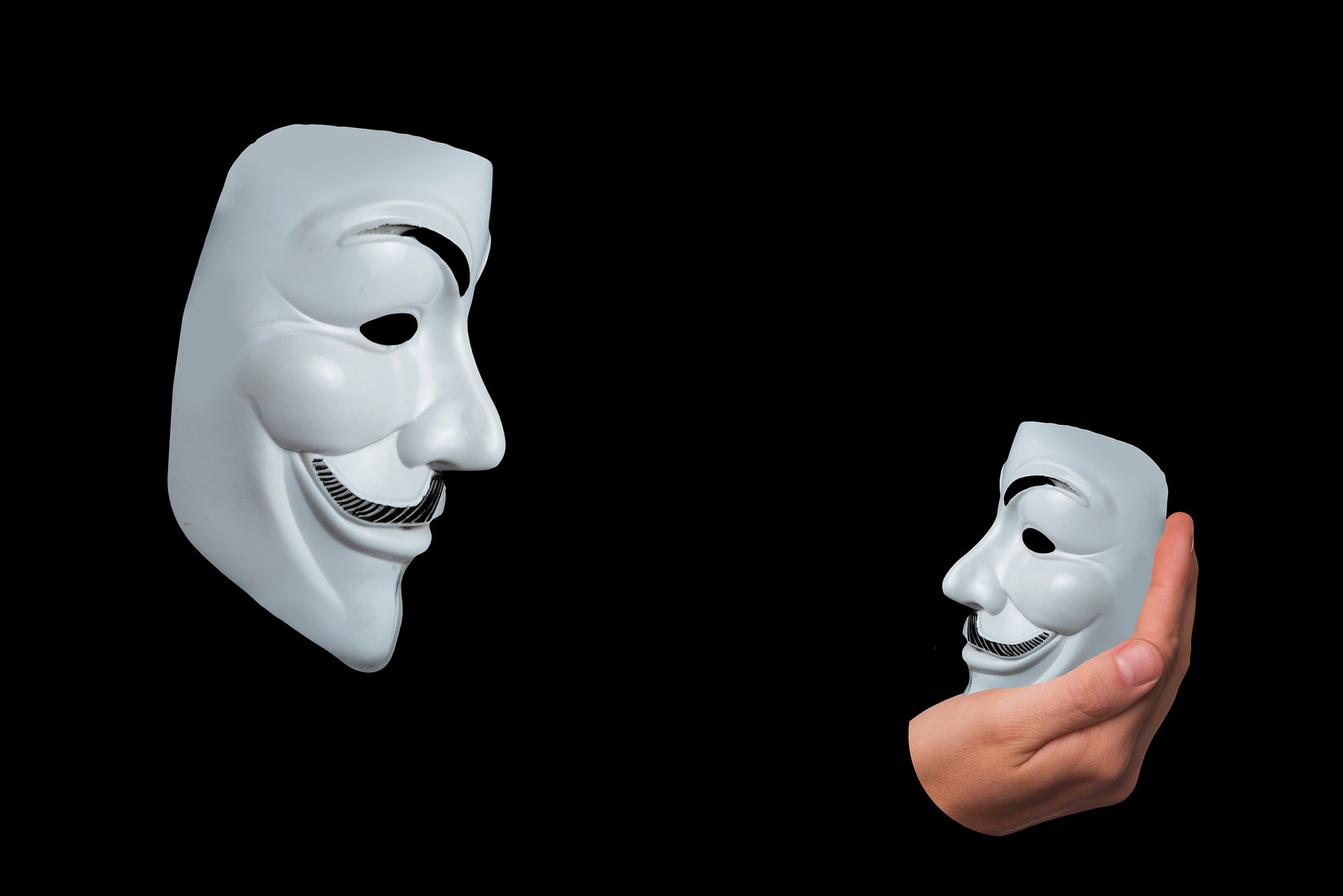Perceiving life through a Media Lens
By: Shubhankar Roy

What is a Media Lens?
Media is one of the most influencing and thought-provoking tools we human beings have at our disposal. In one form or the other, consumption of media has become a cardinal prerequisite of our day-to-day life. Without consulting our smartphones and laptops, newspapers and television, we are lost in the abyss of thoughtlessness and confusion.
Very few dare to think original thoughts without consulting their “Google Guru” or “know it all TV anchors”. Even if original thought tries to seep into the stubborn human brain, one starts to wonder: “Is it a sin to go against the trend and develop original identity?” After mustering the courage to face the perplexity of the world around them, one rationalizes the ongoing hocus-pocus by thinking: “Trends are sacrosanct! Following them make us lovable and acceptable – without them, there is no meaning in life”
While the indolent procrastinate on their daily chores and take life advice from web series and YouTubers, a few clever showmen, masquerading as “enlightened beings” who have it all, rob us of our time and money but most of all – our ability to make decisions for ourselves.
“The media has enormous power. The media is undergoing huge changes now. It seems like it’s time to step back and look at how the media shapes our lives and our perceptions of reality.”
Thomas Hunt Morgan
Empowering Pretenders and Weakening our Spirit
In my opinion, we give these charlatans and pretenders the power to mint money off of our vulnerabilities and disfigured beliefs. By believing every piece of information we come across, we allow them to hit where it hurts and profit off our need to feel unique and accepted. How do we fall into this trap? By looking for identity-based solutions on the outside when we should focus on unearthing our persona from the inside.
As unfortunate as it sounds, some people fall for the bait and take life advice and look for empathy and inspiration from sensationalized outlets of media, that put a spotlight on pain and other psychological issues that affect us on a day-to-day basis. Movies and TV shows depict a “big-bad-broody” protagonist who represents depression and romanticizes the “not talking about it trend.” Dealing with anger and manic emotions and feelings are portrayed through the revenge-seeking lone wolf, who never shows emotions and vents out his anger on a “forever at fault” antagonist.
Nevertheless, people choose to associate their issues with these fictitious characters and absorb their traits into their personality, thinking: “Undealt emotions and trauma are natural! Not talking about pain is heroic, and venting out anger on external factors is daring.” Instead of focusing on self-development and seeking out professional help, people model their behaviour and walk life as if it were a low-budget film.
Falling into the Social Media Trap
Social interaction and interpersonal relationships have been substituted with likes, shares, and friend lists. One assesses one’s happiness index by the number of likes, comments, and followers they have on their social media sites. Mindlessly gawking into a screen has become more stimulating than going outside and meeting new people. If one fortunately or unfortunately comes across a person they like spending time with in real life, they have a trend-based conversation, wave hands and share each other’s Instagram or Facebook accounts. What’s worse is people look up another person on their social media handles and decide to have them as friends only if they have an attractive profile, or if they have a good number of followers.

Likeability is judged on the basis of compliance to the current trend, worshipping of pop idols, and display of extravagance on social media. The lens of media likeability prevents us from actually looking into the nature and characteristics of an individual. Ultimately, everyone succumbs to the trap and create a superficial persona online; shredding any chance of discovering or unveiling their original identity; empty-headedly dilly-dallying in society not knowing who they are, or what they stand for.
After the dopamine rush reaches its limit and the bright-addictive screen isn’t enthralling anymore, one finally understands the harsh reality of the world: “We are all alone in a world where no one knows who they are.” Individual identity begins to crumble and the individual does not who to reach out to or form an actual connection with. Everyone feels trapped inside the maze of loneliness, feeling purposeless and detached from the world around them. The world seems distorted and disfigured when there is a crack in the media lens with which we were perceiving the world around us.
Subsequently, we are left with two choices: to repair our crumbling identity, or to keep the lenses on and accept the distorted world the way it appears. It is at this point an individual can introspect and connect with himself, or cower away from the truth and enjoy the surrounding tomfoolery.
Rediscovering our identity and our purpose in life –
In my opinion, we are not born with our identities, we create them; structuring our life and our personality with our own hands. Our morals, ethics, life preferences and decisions form our personality. Instead of focusing on what goes on, on the outside, we should look within ourselves and try to understand what gives us internal pleasure and satisfaction.
As humans, we have come a long way from living just for the sake of survival. Now, we yearn to form a connection with like-minded people who appreciate and recognize our value. So, in order to prove our worth to others, we put on a facade and hide our true identity from the world – wanting to blend in with the crowd. By putting on a mask, we neglect our true nature and eliminate the chance of others accepting our true nature.
In a world where everyone looks to perceive their surroundings with a media lens, be the one that dares to see the truth in the world from his own eyes. See the world for what it really is; and show the world who you really are, and it will show you the endless possibilities of your potential.
Tags: effects of social media, media, Media Lens, mental health in media, Social Conformity, social media,









